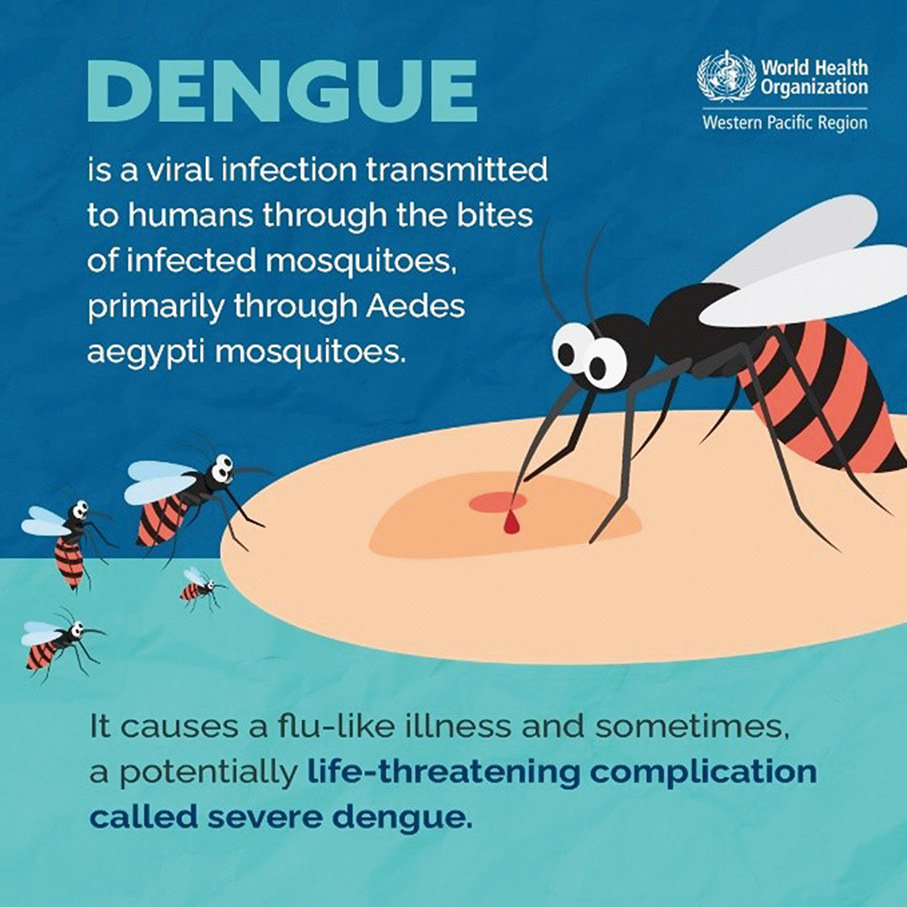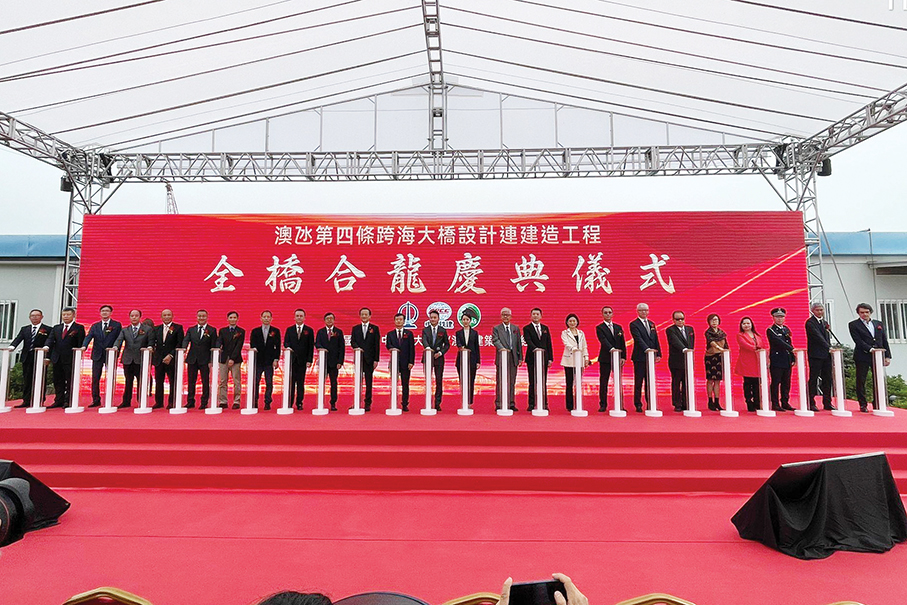Macau recorded this year’s 11th imported case of dengue fever yesterday, the Health Bureau (SSM) announced in a statement yesterday evening.
According to the statement, the patient is a 52-year-old local woman who lives in the mainland. She came down with a headache, fever, muscle pain, and joint pain last Wednesday when she was in Foshan City, some 100 km north of Macau, where she sought treatment after which her symptoms improved.
However, the statement said, the woman developed a rash on her limbs and back on Sunday before returning to Macau the next day where she sought treatment at the public Conde de São Januário Hospital Centre.
According to the statement, she was diagnosed with Grade I dengue fever by the Health Bureau’s Public Health Laboratory yesterday.
Yesterday’s statement said that the woman was in a stable condition. However, the statement failed to mention whether she has been hospitalised.
This year’s 11th imported case of dengue fever recorded yesterday came after Macau reported two imported cases of dengue fever in a day, on Thursday last week.
The two cases were announced by the bureau in a statement on Thursday last week.
According to last Thursday’s statement, this year’s ninth dengue fever patient is a 60-year-old local woman who lives in both Macau and Zhuhai, with her home in Macau located in Block 1 of Cheng I Building (青怡大廈), a subsidised home-ownership scheme (HOS) estate in Ilha Verde district. The statement said that she works in Cotai.
This year’s 10th patient is an 80-year-old local woman who lives in the mainland.
After Macau recorded this year’s first imported case of dengue fever in late February, the second to fifth cases were reported between May and July, before the six latest cases, this year’s 6th to 11th cases, have been recorded since last week.
Macau reported a total of seven imported cases of dengue fever last year.
Observers have noted that compared to last year, Macau is now facing a higher dengue risk because between the neighbouring Guangdong Province and Macau people are moving frequently, and it is more seriously affected by locally transmitted dengue fever infections over recent months, compared to the same period of last year.

Poster courtesy of World Health Organisation (WHO)









